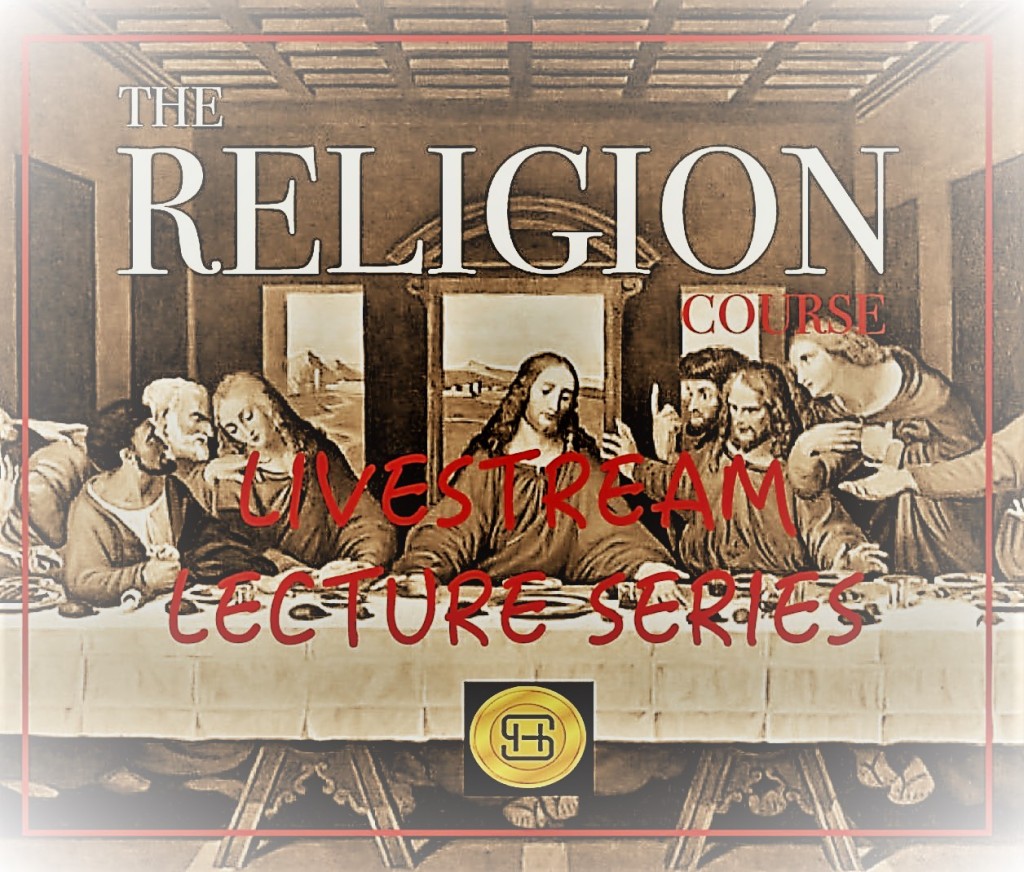In my The Religion Course with Stephen Hicks (now running at thinkspot), our first big question is: What Is Religion? We set aside the questions of whether religion is true, good, or useful and focus only on understanding the phenomenon. What do, say, the Abrahamic religions, Hinduism, Jainism, Sikhism, Wakan Tankaism, and traditional African religions have in common? What distinguishes religion from, say, philosophy or science?
We start by considering the seven following influential definitions, weighing their strengths and weaknesses:
- “By religion, then, I understand a proposition or conciliation of powers superior to man which are believed to direct and control the course of nature and of human life.” (James Frazer, The Golden Bough, pp. 57-8)
- “Religion is the belief in spiritual beings.” (E. B. Taylor)
- “The essence of religion consists in the feeling of absolute dependence.” (F. Schleiermacher)
- “Religion is the belief in an ever-living God, that is, in a Divine Mind and Will ruling the Universe and holding moral relations with mankind.” (James Martineau)
- “Religion is what an individual does with his solitariness, and if you were never solitary, you were never religious.” (A. N. Whitehead)
- “Religion [is] a system of belief and practices by means of which a group struggles with the ultimate problems of human life.” (Milton Yinger)
- “Religion is a set of rituals, rationalized by myth, which mobilizes supernatural powers for the purposes of achieving or preventing transformations of state in man or nature.” (Anthony Wallace)
We next consider what goes into good conceptualization and definition, and at the end of the What Religion Is unit, I present my definition of religion.
The course is running live at thinkspot on Wednesday evenings in February.
